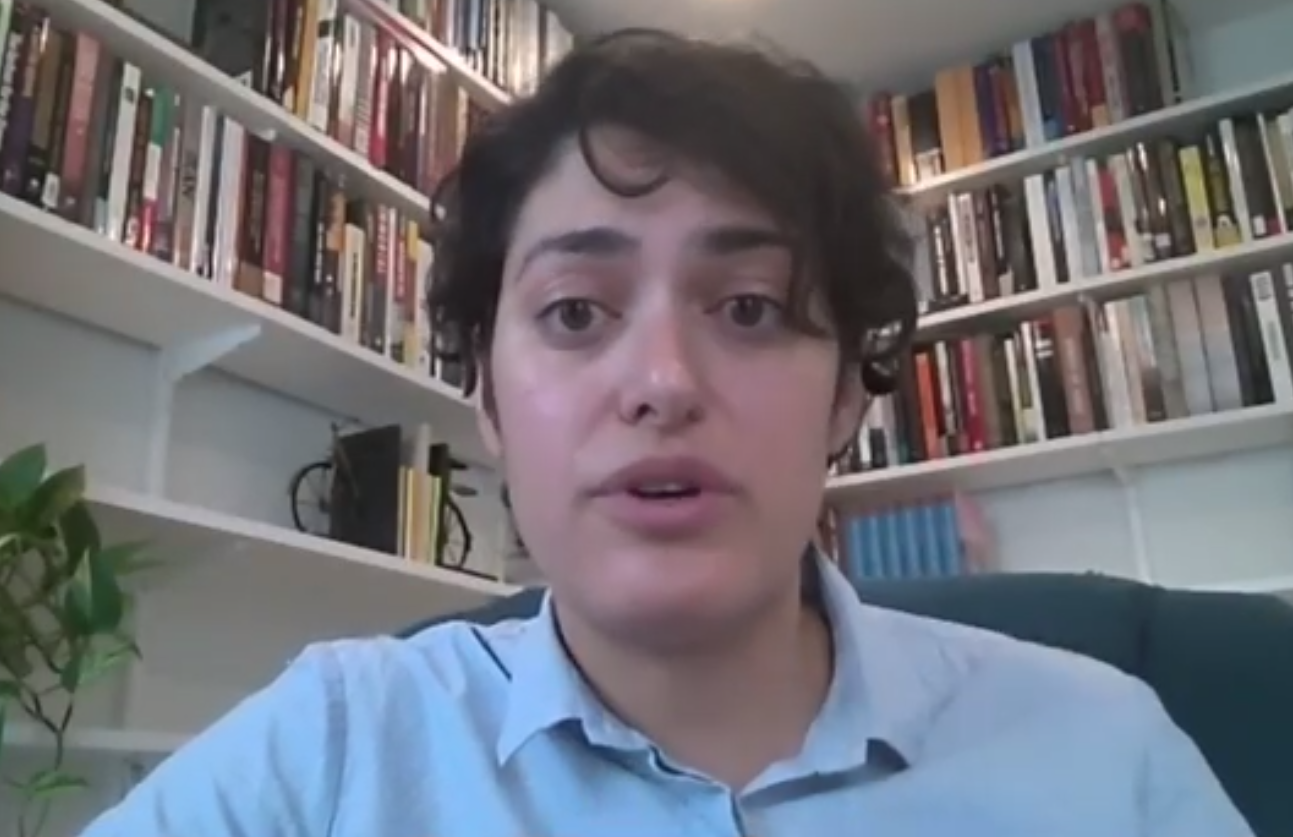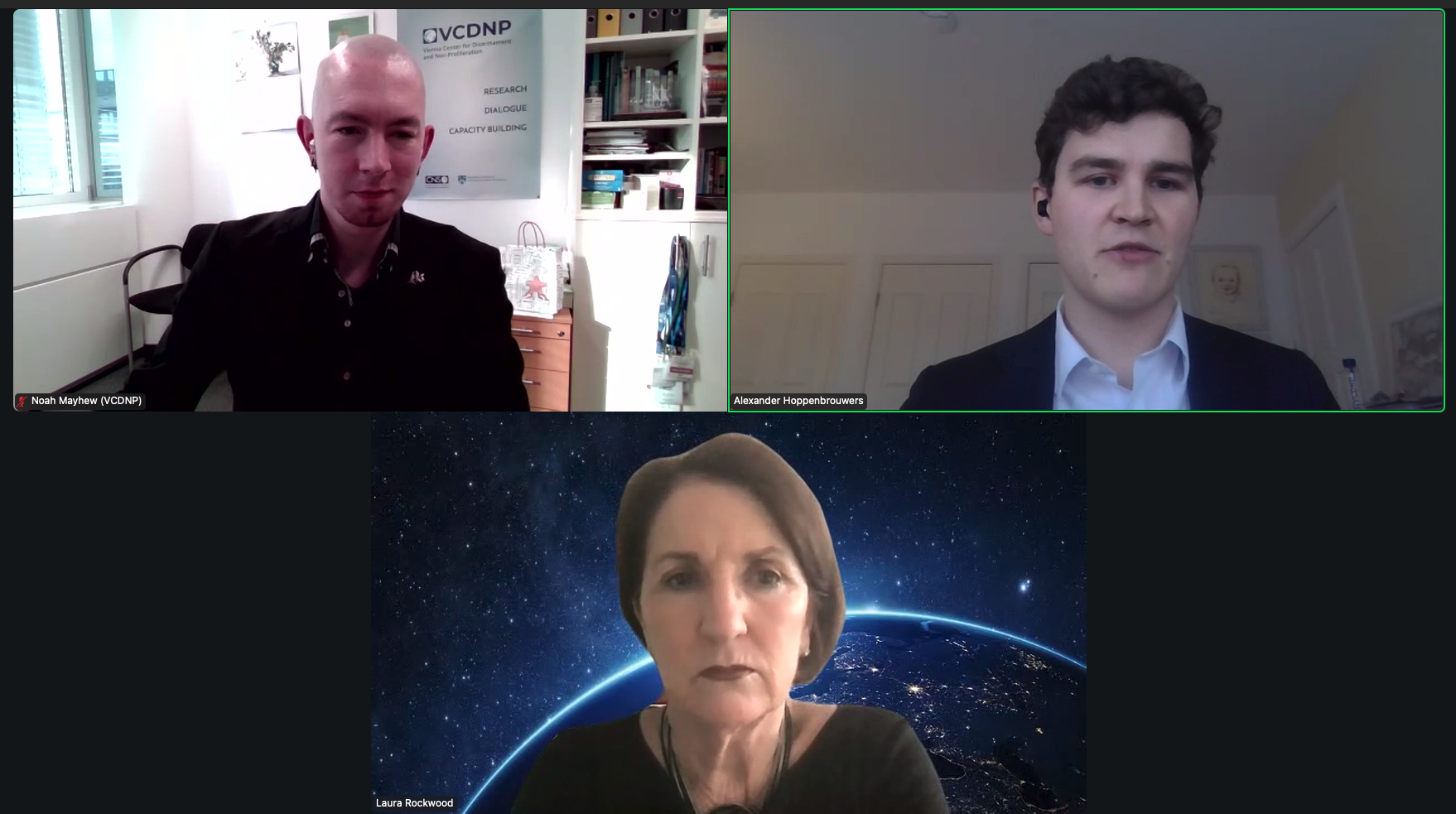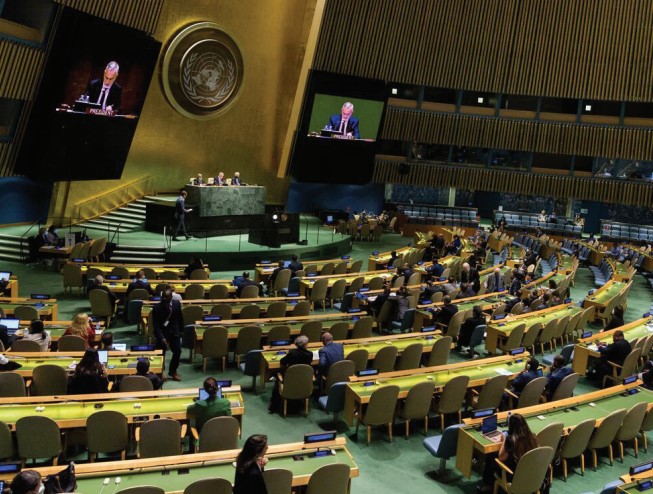
The Islamic Republic of Iran’s nuclear program has been a subject of controversy on the international stage for two decades, but the decision-making process and underlying motivations for Iran’s actions have often been misunderstood.
To shed some light on the complex lattice that is the Iranian nuclear program, on 29 September the VCDNP organized a webinar with Dr. Ariane Tabatabai, Middle East fellow at the German Marshall Fund an adjunct senior research scholar with Columbia University's School of International and Public Affairs (SIPA). Dr. Tabatabai is one of the world’s leading experts on Iran’s security policy and the author of numerous publications on the subject, including a recent SIPA report on nuclear decision making in Iran.
In her remarks, Dr. Tabatabai drew attention to what she views as a fundamental misunderstanding about Iran’s nuclear program. Often, Iran’s actions are viewed solely through one lens: either as a product of internal politics “too complex to understand” or as decisions of one individual, the Supreme Leader. In reality, she observed, those extremes do not capture the full picture of Iranian decision making.
There are many different power centers in Iran competing for influence, and the Supreme Leader sets broad parameters for the internal policy debate. Once the system reaches consensus on a particular matter, that consensus is very difficult to alter. Accordingly, Dr. Tabatabai recommended that in negotiations with Iran, the international community should try to identify areas where domestic consensus is lacking and focus on affecting change there. As an example, she discussed Iran’s “red line” on uranium enrichment: there is a strong domestic consensus that Iran cannot give up enrichment completely. However, there was no such consensus on the subject of limitations on the scale and level of enrichment Iran could accept, which made the issue open to discussion during the negotiation of the Joint Comprehensive Plan of Action (JCPOA).
Regarding the future of the JCPOA, Dr. Tabatabai noted that as long as there remains a domestic consensus that the agreement is worth preserving, negotiations on this matter will be possible, even after the departure of President Hassan Rouhani. The next president would then be in a position to influence the conduct of negotiations, but not overturn the overall decision to engage with the P5+1 (China, France, Germany, Russia, United Kingdom and United States).
During a lively discussion that followed her opening remarks, Dr. Tabatabai answered questions covering a broad array of issues, including Iran’s motivations to pursue the nuclear program, the prospects for negotiating a new deal with the United States, and the potential impact of the recent rapprochement between Israel and several Arab states.
For more insight into Iran’s nuclear decision making, view the full webinar with Dr. Tabatabai’s below and read her report on the topic here.


